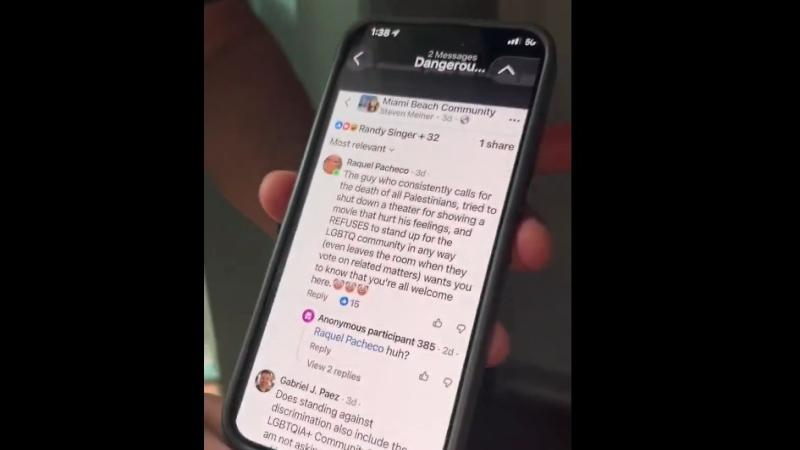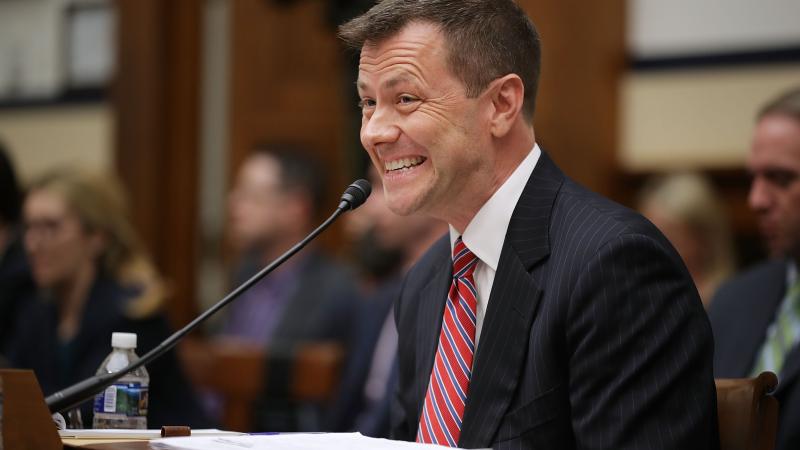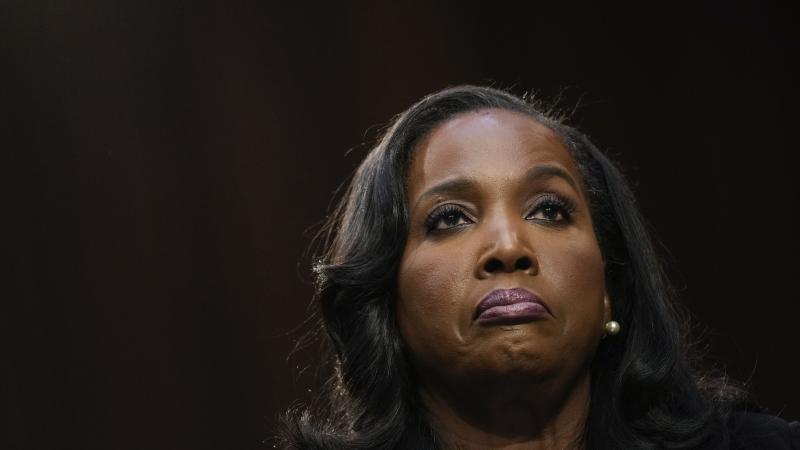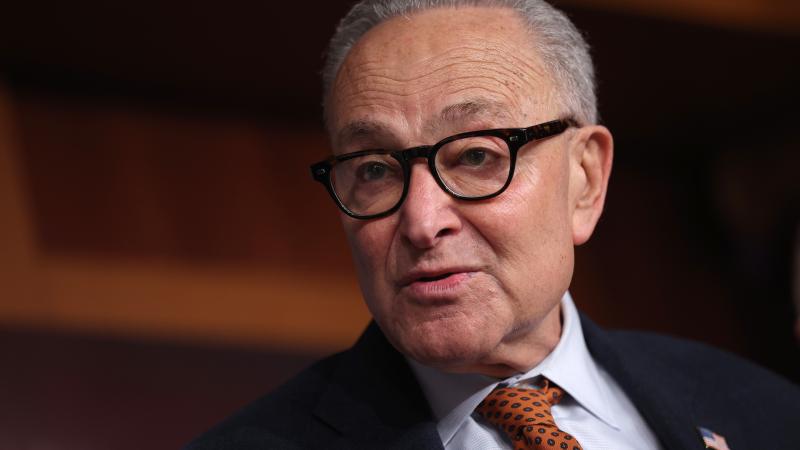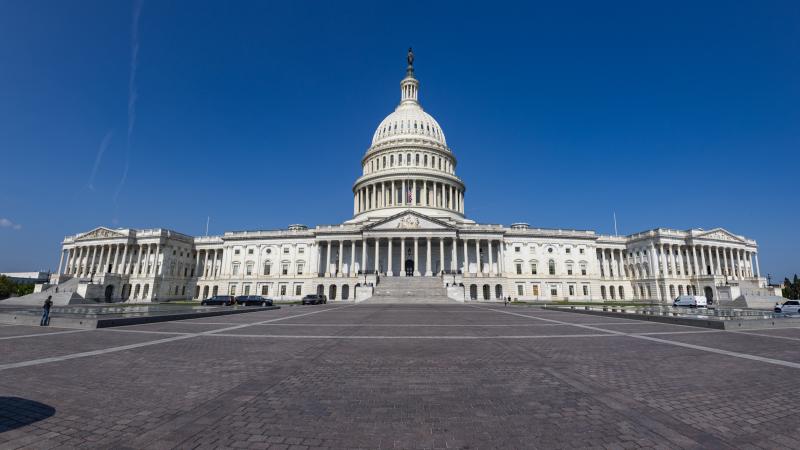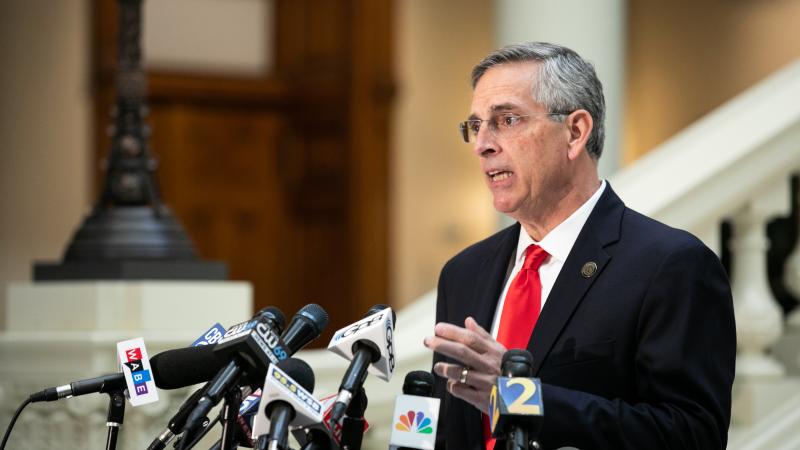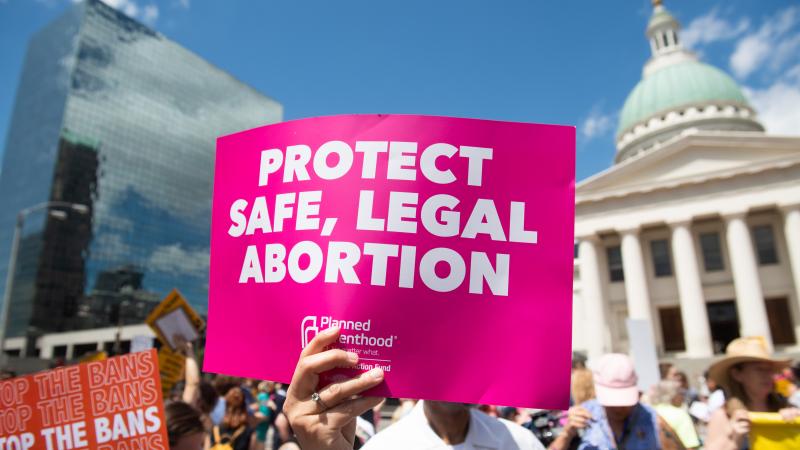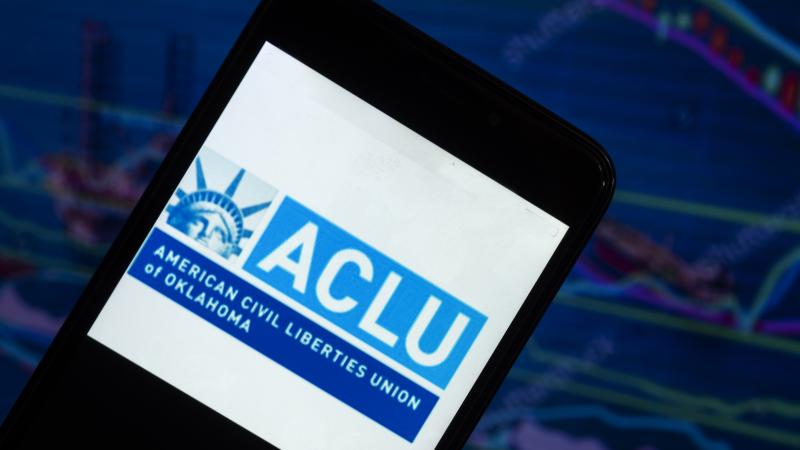Liberal groups back pro-life pregnancy centers against Democratic attorney general at Supreme Court
"Even if a subpoena targeting First Amendment activity is never enforced in court, the subpoena will give its targets a very good reason to clam up" and its "members and supporters a very good reason to abandon the cause," ACLU says.
Activist groups that are indifferent or openly hostile to pro-life pregnancy centers are supporting their cause against a crusading Democratic attorney general at the Supreme Court, warning in friend-of-the-court briefs that civil rights beyond religious conservatives are at stake.
The ACLU, Reporters Committee for Freedom of the Press, Animal Activist Legal Defense Project and NetChoice joined conservative, religious freedom and pro-life groups, the Justice Department and more than 30 Republican members of Congress, in support of New Jersey's First Choice Women's Resource Centers against New Jersey AG Matthew Platkin.
Pro-life pregnancy centers are a favorite target of Democratic AGs and lawmakers in deep-blue states from New York to Washington, through legislation and resource-draining investigations that target their donors, advocacy and representations to potential clients as false and misleading, especially by offering so-called abortion pill reversal.
Specific laws targeting the centers have faced more scrutiny from courts than AGs going after them under the AGs' general authority to protect consumers from deceptive trade practices, despite the fact that the typically religious nonprofits don't charge for their services.
Before it could go to trial this spring, Vermont gutted its deceptive-advertising law singling out "limited-service pregnancy centers," which don't offer or refer for abortions, to resolve litigation by Alliance Defending Freedom, which is also representing First Choice at SCOTUS. Connecticut, Delaware and Illinois also threw in the towel in recent years.
New York's Letitia James suffered high-profile defeats among Democratic AGs in her quest to muzzle pro-life centers and so-called sidewalk counselors near abortion clinics and is now trying to get the 2nd U.S. Court of Appeals to overturn a preliminary injunction against her.
Washington's Bob Ferguson, now governor, backed down after a center showed a court that it lost insurance and had to pay much more to get it back due to Ferguson's probe.
First Amendment issues often create odd ideological bedfellows, with the liberal ACLU and Council on American-Islamic Relations supporting Christian evangelists against campus censorship. The evangelists got an $800,000 settlement after their SCOTUS victory.
The abortion-supporting Electronic Frontier Foundation, which even tried to ban pro-life ads that target abortion-seeking women, found common cause with conservatives this year by opposing proposed changes to federal judicial rules, prompted by congressional Democrats, that would expand disclosure requirements for friend-of-the-court briefs.
Even unenforced subpoena 'will give its targets a very good reason to clam up'
The dry legal question SCOTUS accepted in First Choice's petition for review is whether federal courts lack jurisdiction when "the subject of a state investigatory demand has established a reasonably objective chill of its First Amendment rights." The so-called preclusion trap would keep First Choice from litigating federally if it lost in state court.
The divided 3rd Circuit's ruling against First Choice "did not address the likely loss of a federal forum once the state court rules on the federal constitutional issues," the petition said.
The Planned Parenthood-allied Platkin opposed the petition on the grounds that his civil subpoena to First Choice, seeking donor identities among other information, was "non-self-executing" and hence couldn't be enforced without a final judgment from Essex County Superior Judge Lisa Adubato, who had ordered the parties to negotiate.
Dozens of briefs flowed into SCOTUS last week after First Choice filed its opening brief, including one by Americans for Prosperity Foundation, whose 2021 SCOTUS victory against compelled donor disclosure by then-California AG Kamala Harris is allegedly being circumvented through "procedural maneuvering" by Platkin.
"The ways of attempting to circumvent First Amendment protections are limited only by the ingenuity of politicians and lawyers," in this case Platkin issuing a subpoena purportedly for "the donors’ own protection" without a single donor complaint, AFPF said.
"If allowed to stand, exempting broad investigatory demands for donor identification from constitutional review until after associational rights have been irreparably damaged would gut" AFPF's precedent and harm nonprofits "disfavored by some state’s politicians," it said.
Pre-enforcement challenges are "unexceptional in the First Amendment context," illustrated most recently by SCOTUS allowing Lorie Smith to prevent Colorado from forcing her to design same-sex wedding websites, a case she eventually won, the ACLU, its New Jersey affiliate and Foundation for Individual Rights and Expression said in a joint brief.
"Even if a subpoena targeting First Amendment activity is never enforced in court, the subpoena will give its targets a very good reason to clam up" and its "members and supporters a very good reason to abandon the cause," creating "a First Amendment injury," they said.
It's not just Democrats using this "playbook," the brief says, citing Florida's Republican AG targeting restaurants that host drag shows and Missouri's Republican AG issuing "demands to large-language-model chatbots to find out why they express disfavored views about President Trump. … But whether your viewpoint is safe shouldn’t depend on the dominant politics of your state."
The First Amendment bans governments from exercising "editorial control," which is why "regulatory officials of all stripes routinely repackage their efforts to enforce editorial fairness as investigations into consumer fairness," Reporters Committee for Freedom of the Press said.
It noted MoveOn.org unsuccessfully tried to get Fox News investigated by the Federal Trade Commission for its slogan "Fair and Balanced" in 2004. "Even if the demand is never enforced, it hangs like a sword of Damocles over the outlet, discouraging further reporting on the same topic and undermining the free flow of information to the public," RCFP said.
In a joint brief, the Manhattan Institute, Religious Freedom Institute, Animal Activist Legal Defense Project, Unplanned Good and Coalition of Virtue said the 3rd Circuit gutted a civil rights law dating to Reconstruction that "guarantees a federal forum" for victims of a state actor's constitutional violations.
The latter three groups' work is politically polarizing and vulnerable to threats against donors, helping "unpopular activists accused of civil disobedience and direct action" for animal rights, facilitating adoption for abortion-vulnerable women and promoting Muslim family values including parental and preborn rights, respectively, they said.
"Anonymity protects not only ideas that are currently unpopular, but also those that might become unpopular as the political and social winds shift, often suddenly and unexpectedly," the brief says. Compelled disclosure can also tarnish a group's attempt to cultivate "groups on both sides of hot-button topics," whose donors dislike each other.
Often litigating for its members against Republican efforts to regulate social media in the name of viewpoint neutrality and protecting minors, NetChoice warned that "state law too often allows state officials to target disfavored entities while remaining out of the public eye."
Unlike legislation, "investigations occur largely in the dark, driving viewpoint discrimination and retaliation underground, away from public scrutiny," while state laws grant "expansive investigative powers" to officials and state courts rarely limit them, NetChoice said.
New Jersey, for example, authorizes Platkin to investigate "any practice declared unlawful" by its sweeping Consumer Fraud Act, hold a subpoena target in contempt for failure to "obey" and pursue the revocation of a corporate charter, licenses and permits, it said.
"The threat posed by contempt proceedings, criminal prosecutions, and substantial fines make the costs of even appearing to defy state investigations too extreme for most to bear," the brief said.
The Facts Inside Our Reporter's Notebook
Videos
Links
- friend-of-the-court briefs
- Justice Department
- more than 30 Republican members of Congress
- Vermont gutted its deceptive-advertising law
- Illinois
- Connecticut
- Delaware
- New York's Letitia James suffered high-profile defeats
- preliminary injunction
- backed down after a center showed
- ACLU and Council on American-Islamic Relations supporting
- $800,000 settlement
- opposing proposed changes to federal judicial rules
- dry legal question
- First Choice's petition for review
- preclusion trap would keep First Choice from litigating
- Planned Parenthood-allied
- opposed the petition
- First Choice filed its opening brief
- Americans for Prosperity Foundation
- ACLU, its New Jersey affiliate and Foundation for Individual Rights and Expression
- MoveOn.org
- Federal Trade Commission for its slogan "Fair and Balanced"
- Manhattan Institute, Religious Freedom Institute
- viewpoint neutrality
- protecting minors
